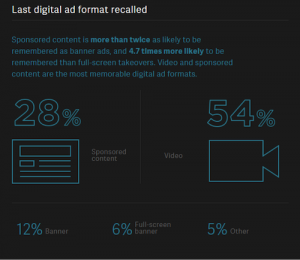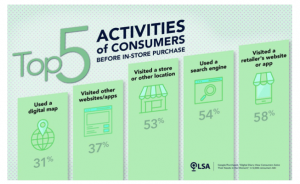Without an authentic commitment to the community you want to connect with, you’re riding a pogo stick across a minefield.
When it comes to marketing and Black History Month, remember the words of chess grandmaster Savielly Tartakower as looked at an empty board, “The mistakes are all there, waiting to be made.”
If you do not have a diverse marketing team and a real, long-term commitment to working with whichever marginalized group you are featuring, you’re riding a pogo stick across a minefield.
The innocuous-looking photograph below is an example of how easy it is to mess up. It is a screenshot of a Google Meets background labeled “Black History Month African-style living room.” It showed up as an option on February 2nd, and I wouldn’t be surprised if it went away at the end of the month.

To be clear, I have no idea whether or not Google is a good corporate citizen when it comes to working with marginalized communities. I also have no idea about the diversity in their marketing organization. I wouldn’t be surprised if marketing had nothing to do with this. There is no reason whatsoever to think this was motivated by prejudice. It was likely meant as a well-meaning way to mark Black History Month.
One picture =10,000 wrong words
The first problem here is the choice of imagery which says Black = Africa.
Black History Month is officially recognized by four countries: the U.S., the U.K., Canada and Ireland. So why acknowledge the Black people in those nations by showing a room with African-esque decor?
Two things it’s important to remember:
- Homo sapiens originated in Africa, so literally every human is of African descent. This image has as much to do with St. Patrick’s Day as it does with Black History Month.
- Africa is a giant continent with 1.2 billion people in 54 nations. There are hundreds and hundreds of different cultures. No single design style can capture all that.
Another approach: A wall with posters of musicians from Louis Armstrong to Beyonce (or maybe Hendrix — I suspect Mrs. Knowles-Carter is outside the budget for this project). Black people invented the soundtrack of the 20th century. Without them, America’s greatest musical achievement is the marches of John Philip Sousa. Don’t feel bad if you’re thinking John Philip who? The only piece of his music you might recognize is “The Liberty Bell March,” aka The Monty Python theme song.
So many contributions to choose from
Or how about: A laboratory where people donate blood? It was Dr. Charles Drew who discovered that plasma has a longer shelf life than blood and can be separated to be used in transfusions. Double win as it will remind people to donate blood and alleviate a critical shortage.
Or something else. The contributions of Black people to the world are uncountable, so you have plenty of options. Worse comes to worse, try a banner with the words BLACK HISTORY MONTH on it. That would at least send a clear message.
This brings me to my second problem — and the reason I think marketing wasn’t involved: It’s impossible to figure out why this product/image exists. Who is the target audience for using it? What does it say to people who see it? I honestly have no idea.
If this simple image, which most people will never see, can make this many mistakes, how many more will be in a big, uninformed campaign?
Faux authenticity never works
People from marginalized communities know inauthenticity and token effort when they see it. If your company isn’t interested in these communities all the time, you should either stay silent during events celebrating them or, better yet, work to effect real change in your organization. Then you might have something honest to say.
The reason Black History Month, Women’s History Month, Gay Pride and other moments of inclusivity matter is because these are groups who have been erased from history. Their history is not a separate thing. It is our history and culture. Alexander Pushkin, the poet considered the father of modern Russian literature, was Black. Alexandre Dumas and his son of the same name are two of the towering figures in 19th-century French fiction and also Black. Without all these people our history and our world are pale, uninteresting things.
The post Black History Month: The mistakes waiting to be made appeared first on MarTech.
(13)
Report Post






